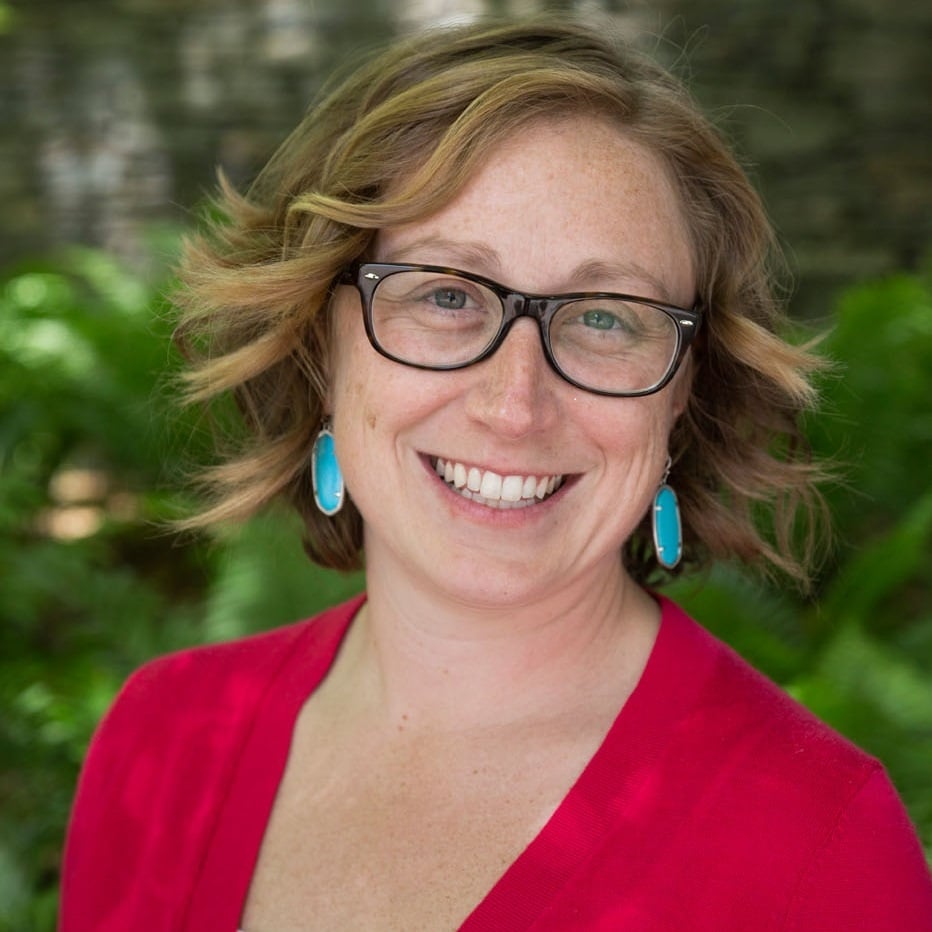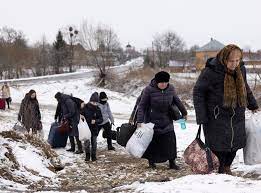What Are We Doing about Energy Poverty?

Reliable access to energy underpins every aspect of your daily life, enabling you to make countless choices. From the moment the alarm clock rings in the morning to how you cook your breakfast to the transportation you use to navigate the world, energy sources power your everyday routine.
Energy is a critical resource that unlocks the freedom to travel, facilitates education and training, and addresses our essential needs. The way we perceive energy consumption, however, is vastly different from the rest of the world. The U.S. alone consumes 16% of the world’s energy while containing less than 5% of the world’s population.
For the world’s poorest populations, access to clean, affordable energy has not yet become a reality. As we bask in the high-lumen glow of our energy-driven lifestyle, millions of communities around the world lack access to the most basic energy needs.
What is energy poverty?
Energy poverty refers to the lack of access to affordable, reliable, and sustainable energy sources. It is a condition that disproportionately affects the world's poorest populations, often preventing them from meeting their most basic needs, such as cooking, heating, and lighting.
According to the United Nations, an estimated 789 million people lack access to electricity worldwide, predominantly in sub-Saharan Africa and developing regions of Asia. The consequences of energy poverty are severe, leading to indoor air pollution from burning biomass, health issues from lack of refrigeration, and lack of light for studying or work, among other problems.
The ramifications of energy poverty underscore the need for immediate and impactful solutions. By bridging the gap and providing affordable, reliable, and sustainable energy sources to those in need, we have the power to revolutionize lives, empower communities, and drive systemic change.
Energy poverty, clean energy, and climate change
Embracing and addressing energy poverty is crucial for creating a more sustainable and just world. Helping communities gain access to clean, renewable energy sources reduces their reliance on harmful practices and significantly decreases their environmental impact, leading to environmental justice for underserved populations.
Impacts of energy insecurity
Those without access to electricity often rely on burning solid fuels like charcoal or firewood for cooking and heating, which contributes to deforestation and greenhouse gas emissions. Providing access to clean, renewable energy would significantly reduce these environmental impacts.
Addressing energy poverty is key to climate action. According to the International Energy Agency, around 2.6 billion people lack clean cooking facilities, contributing millions of tons of CO2 emissions every year.
Expanding access to cleaner, more sustainable energy sources for the world's poorest populations is crucial to reducing emissions and mitigating the impacts of climate change. By prioritizing energy equity, we have the power to transform lives, protect our planet, and pave the way for a brighter future.
We must dramatically increase clean energy for sustainable development in developing regions
A massive increase in renewables is needed to address energy poverty. Scaling up renewable energy solutions like solar, wind, and microgrids is essential to sustainably expand energy access without exacerbating emissions from fossil fuels.
According to a report by the International Energy Agency, supplying clean electricity to the 789 million people without it could require up to 25 terawatt hours of generation annually, necessitating major growth in renewable energy.
Solar and other distributed renewables can provide affordable, clean power to rural areas unconnected to grids, causing reduced reliance on fossil fuels, lower carbon emissions, and improved air quality. Mini-grid and off-grid systems are scalable, adaptable solutions.
Developing countries face barriers to adopting alternative energy sources
Developing nations face numerous difficulties transitioning to renewables. The upfront costs of renewable technology remain unrealistically high for developing economies, making it harder to start the process of integrating alternative energy sources. Lack of infrastructure, unstable governance, and insufficient funding mechanisms and policies also impede adoption.
Sub-Saharan Africa, for example, has immense solar potential, but economic and political barriers have prevented significant solar power installations. Many developing nations lack the necessary regulatory frameworks to incentivize developers and investors to implement renewable energy.
Despite these challenges, the growth of renewable energy in developing regions must accelerate as their populations stand to benefit most from access to clean, sustainable electricity. The benefits of this transition are far-reaching, encompassing improved public health, reduced carbon emissions, enhanced energy security, and new employment opportunities.
Listen below to learn how companies like Bboxx are expanding and scaling decentralized energy solutions worldwide. You can find more podcasts about sustainability at The Impact Report.
Global cooperation has the power to end energy poverty
Developed nations have a key role to play in deploying renewables globally. Wealthy nations must commit to providing financing, investment, and knowledge transfer to deploy renewables in developing regions that lack the necessary resources.
The UN's Sustainable Energy for All initiative, for example, aims to mobilize $500 billion to provide universal energy access by 2030. It requires cooperation across public, private, and philanthropic sectors worldwide
Expanded access to clean energy globally is our shared responsibility. By uniting in our commitment to sustainability, social equity, and global responsibility, we can work towards a future where every individual has access to basic resources that give them the power to light their own path.
The Graduate Programs in Sustainability at Bard can equip you to address energy poverty
Bard College’s graduate degrees in sustainability have energy equity woven into the fabric of every course.
Whether you’re interested in the science of climate change and implementing the right sustainable policy solutions, learning how to fight for the environment through research-based training to become an environmental policy leader, or reshaping the landscape of energy poverty through business, our Master’s programs are designed to train future leaders in clean energy transitions worldwide.
With an interdisciplinary curriculum spanning science, policy, law, and economics, Bard's programs equip students with the expertise needed to deploy energy solutions in developing areas. Interested in learning more? Explore our degrees:
To learn more about Bard’s graduate programs in sustainability and how you can get involved in reducing energy insecurity, download our Guide to Getting an Environmental Master’s Degree.






